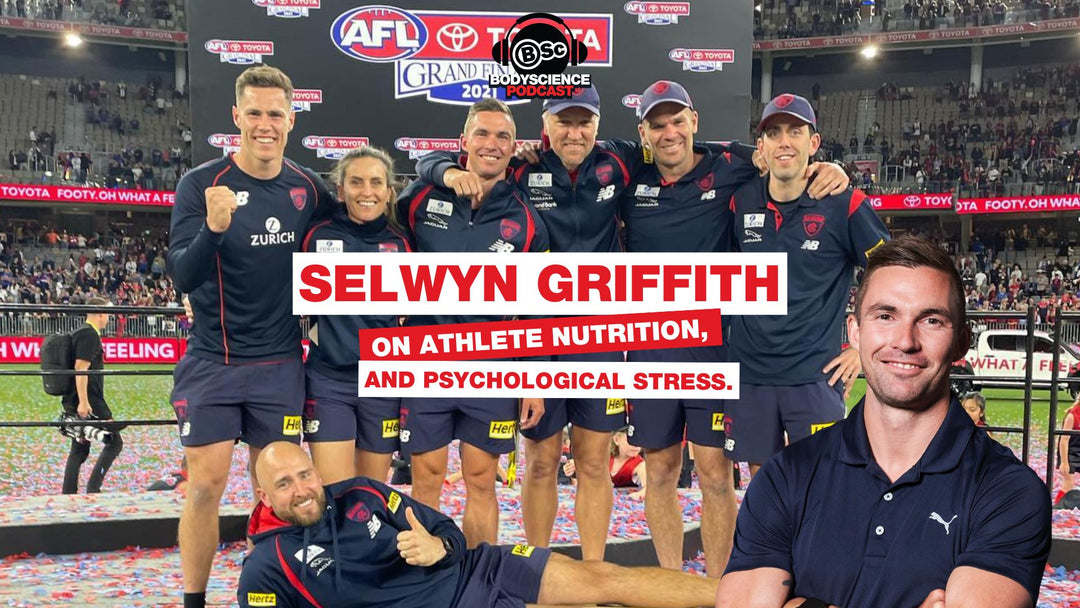Exercise or dieting alone is ineffective over the long run therefore a combination of both is ideal to achieve the required outcome. Dieting alone often results in lean body tissue loss whereas when combined with exercise in addition to the loss of fat mass other benefits will include enhanced strength, cardiorespiratory endurance, speed, power, and flexibility. The key is a combination of dieting and exercise and achieving a negative energy balance.

General guidelines suggest caloric intake should not drop below 1500 - 1700 calories for women and 2000 - 2200 for men and a target loss of 0.5kg-1.0kg per week (1.5-2.0 lb) is adequate and achievable for most individuals. Substantial amounts of body mass cannot be lost without losing marked amounts of LBM, particularly with caloric restriction. A caloric deficit of 3500kcal equates to a fat loss of 0.45kg (1lb) therefore an average fat loss of 0.5-1.0kg (1.1-2.2lb) per week represents a caloric deficit of 500-1000kcal per day. That caloric deficit can be achieved via increased aerobic exercise (+30min/day) & decreased caloric intake (-500kcal/day) or any combination of both. The aim is to consume food that has high nutrient density and low energy density.

The most effective way for an athlete to lose weight or body fat is to
✓ Aim for a slow steady loss of no more than 0.5-1 kg body weight per week.
✓ Plan food intake for the day to complement training sessions.
✓ Follow a balanced eating plan ensuring adequate energy for training, and meeting at least the minimum requirements for carbohydrate intake in order to maintain glycogen stores.
✓ Consume the majority of the carbohydrate intake around the time of exercise.
✓ Ensure adequate protein intake in most meals and snacks. Protein has a high satiety (fullness) value and also assists in maintaining lean body mass.
✓ Decrease consumption of saturated fats, excess refined sugars, and alcohol, these contain the highest kilojoule content for the lowest nutrient value.
✓ Change poor eating habits such as eating when bored, stressed, depressed, or merely due to habit.
✓ Modify or include additional training sessions if necessary.
✓ Drink mostly water to quench thirst.
✓ Eat straight after training; this may prevent overeating later in the day.
✓ Trim excess fat from meat and grill.
Planning is the key
Taking some time to help prepare for the next few weeks is key to help you move closer to your weight loss goal. Over the next few days, make sure you allocate some time to work through the following steps.
Clear out the cupboards
If it is not there, you cannot eat it so it is time to throw away all the tempting treats that could distract you from your weight loss goals.
Stock up on supplies
Make time to get to the supermarket and order all the ingredients for the meals and snacks you will need for the plan, try for the next week at least.
Set your goal
You may like to lose 5kg or 10kg or simply implement a strong exercise and diet plan but whatever your goal, write it down and make sure it has a clear outcome.
Recruit your supporters
The more people around you who will help you to stay on track, the more likely you will succeed. Let your closest friends and family know of your commitment to this program and ask for their help and support to keep you focused.
Develop a laser-beam focus
Weight loss programs fall by the wayside because we let them. Committing with a laser-beam focus to do whatever you need to do to keep on track is a powerful mindset. This distinguishes those who work and get the results they want, from those who lose focus and find excuses. Make this the program that helps you find your focus.

Stay motivated!
1. Introducing a ‘CLEAN’ diet, more water, and supplements for best results.
2. Train with a friend each week.
3. Factor in a meal off each week for special occasions or eating your favourite foods.
4. Write down your diet and exercise goals and reflect on them regularly.
5. Involve your friends and family in your diet and exercise program.
6. Get rid of the ‘all or nothing’ attitude to food and exercise and get back on track immediately if you fall off the rails.
7. Spend time planning your food and scheduling your training programs.
8. Check your weight once each week to monitor progress.
9. When you feel off track, don’t think about it, get up and do something that will help move you towards your goals.
10. Read motivating health and lifestyle books.
11. Each day reflects on what you have done well, and what you can do better tomorrow.

















